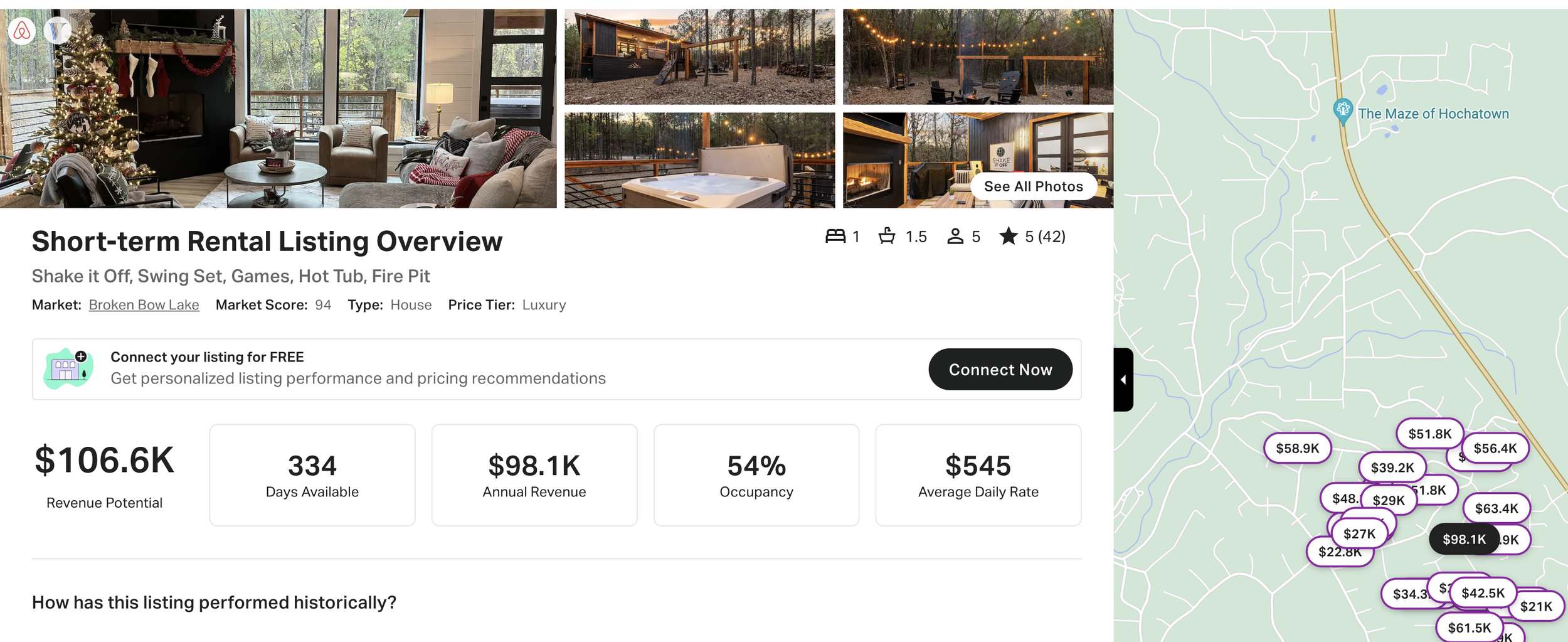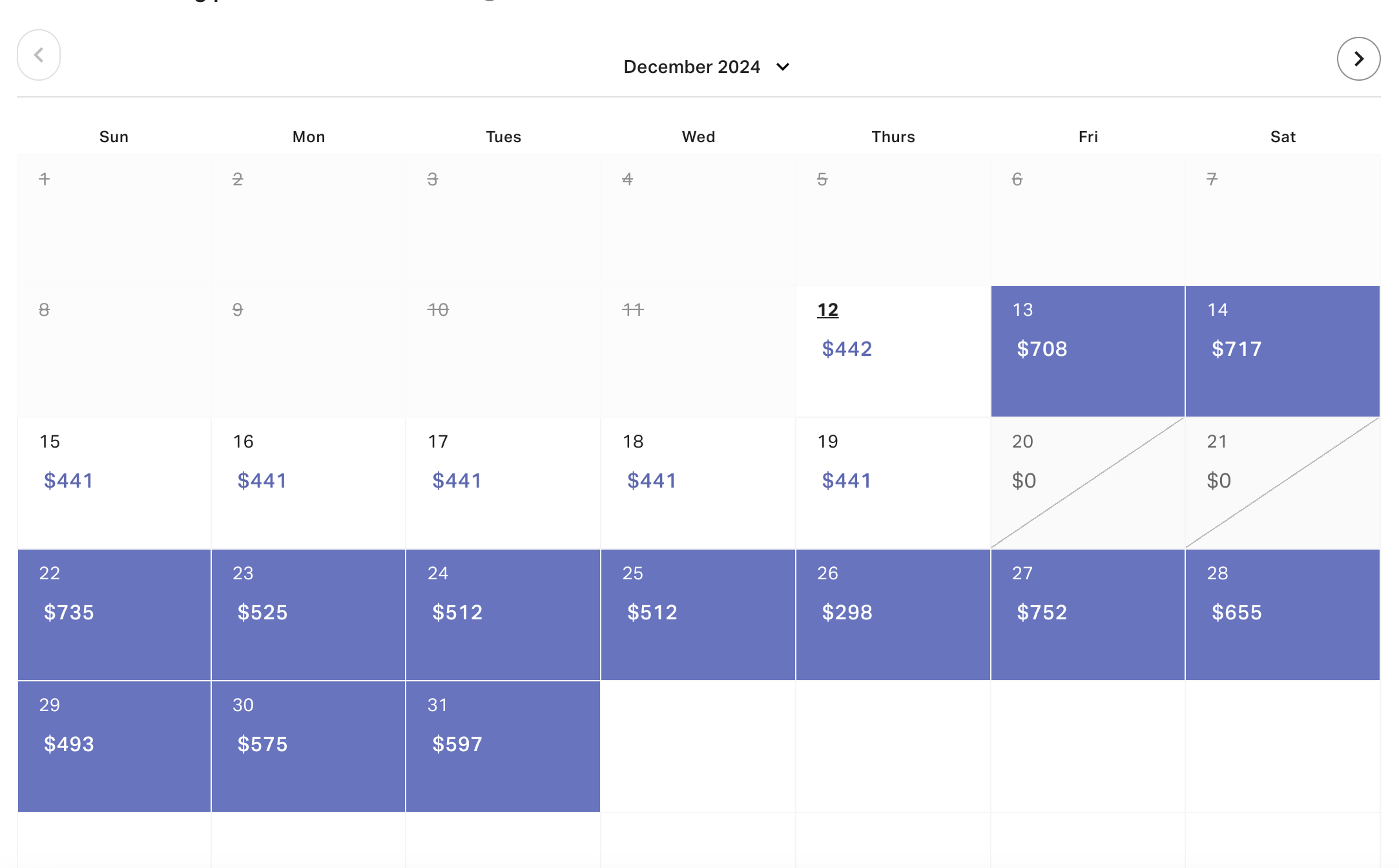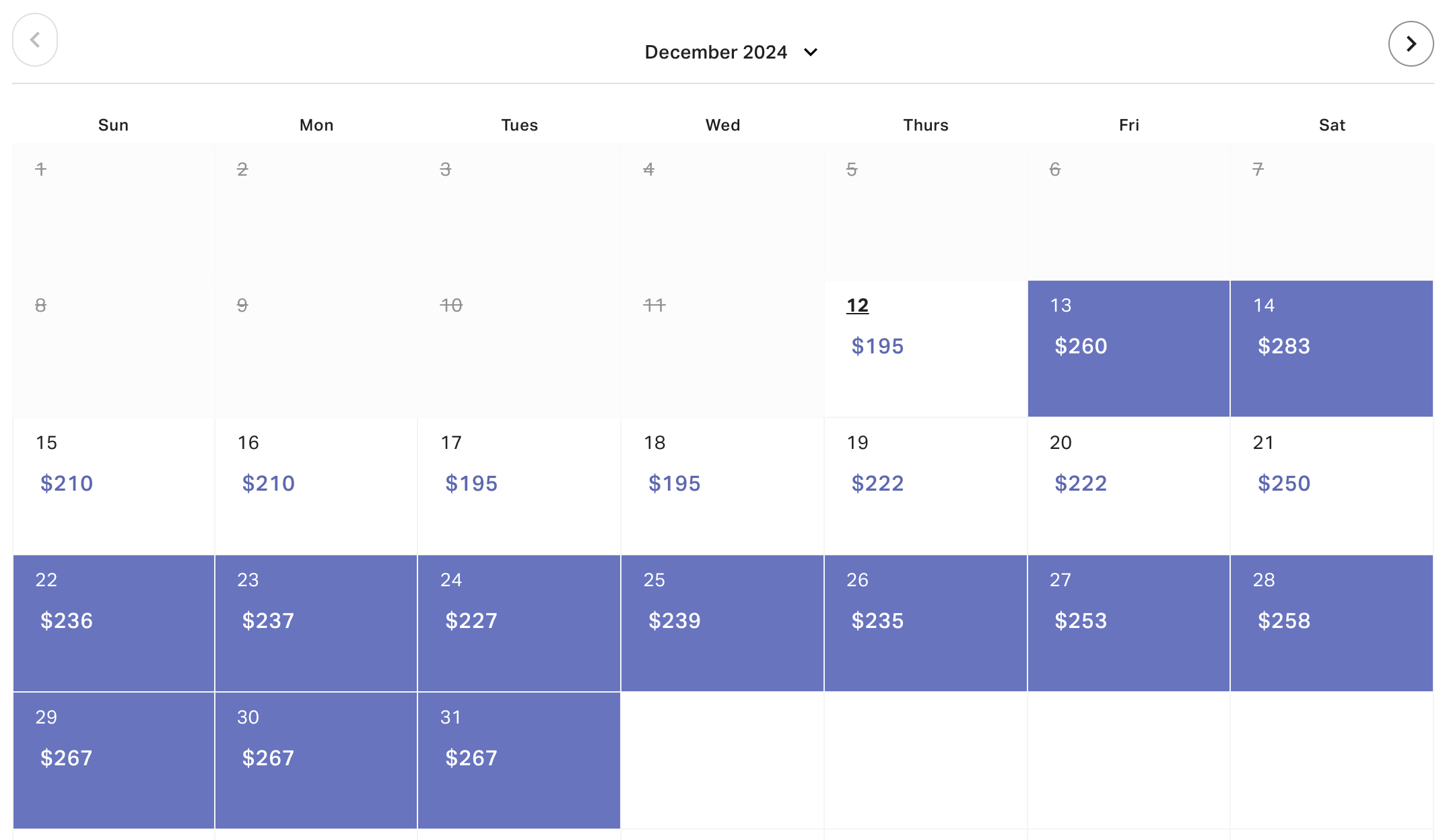10 Common Mistakes First-Time Homebuyers Make And How to Avoid Them
Buying your first home is one of the most significant milestones in life, often filled with excitement and anticipation. However, the journey can also be overwhelming, especially for first-time homebuyers who may not be familiar with the complexities of the real estate market. From understanding mortgage options to navigating negotiations, the process can seem daunting. Unfortunately, many new buyers fall into common traps that lead to costly mistakes, potentially setting them back both financially and emotionally.
Let’s explore ten prevalent mistakes that first-time homebuyers often make and provide actionable strategies to help you avoid them. By arming yourself with knowledge and insights, you can navigate the home buying process with confidence and make informed decisions that align with your long-term goals. Whether you’re dreaming of a cozy bungalow or a modern apartment, understanding these pitfalls will empower you to turn your homeownership dreams into reality.
1. Skipping the Pre-Approval Process
Many first-time buyers begin their search without getting pre-approved for a mortgage. This can lead to disappointment if they find a home they love but cannot afford it. Pre-approval not only clarifies your budget but also strengthens your position as a serious buyer in a competitive market.
How to Avoid This Mistake: Start by consulting with multiple lenders to get pre-approved before you start house hunting. This will give you a clear idea of your price range and make your offers more appealing to sellers.
2. Not Knowing How Much House You Can Afford
A common error is shopping for homes before understanding your financial limits. This often results in wasted time and emotional distress when buyers realize they cannot afford their dream home.
How to Avoid This Mistake: Calculate your budget based on your income, expenses, and potential mortgage rates. Use online calculators or consult with a financial advisor to determine what you can afford.
3. Relying on One Mortgage Quote
First-time buyers frequently accept the first mortgage quote they receive, which can lead to overpaying in interest rates and fees.
How to Avoid This Mistake: Always seek quotes from at least three different lenders. Compare interest rates, terms, and fees to ensure you’re getting the best deal.
4. Making Emotional Decisions
Buying a home is an emotional process, and many buyers end up making impulsive decisions based on feelings rather than logic, leading to overpaying or choosing unsuitable properties.
How to Avoid This Mistake: Keep your budget in mind and focus on long-term financial goals. Consider involving a trusted friend or family member who can provide an objective perspective.
5. Ignoring Additional Costs
First-time buyers often overlook additional costs associated with buying a home, such as closing costs, moving expenses, and immediate repairs or renovations.
How to Avoid This Mistake: Create a comprehensive budget that includes all potential expenses beyond the purchase price. Research average costs in your area and set aside extra funds for unexpected expenses.
6. Focusing Solely on the House
While the property itself is important, many buyers neglect to consider the neighborhood's quality, amenities, and future growth potential.
How to Avoid This Mistake: Spend time researching neighborhoods that interest you. Visit at different times of day and talk to residents about their experiences.
7. Not Considering Future Needs
Buyers sometimes focus only on their current lifestyle without considering future needs, such as family size changes or job relocations.
How to Avoid This Mistake: Think about your long-term plans when selecting a home. Consider factors like space for a growing family or proximity to work.
8. Neglecting Home Inspections
Some first-time buyers skip home inspections to save money or speed up the process, risking unforeseen repair costs later.
How to Avoid This Mistake: Always include a professional inspection in your purchase agreement. It can uncover hidden issues that may require costly repairs.
9. Making Large Financial Changes Before Closing
Changes such as buying a new car or switching jobs can affect your credit score and jeopardize your mortgage approval right before closing.
How to Avoid This Mistake: Maintain financial stability from pre-approval through closing by avoiding significant purchases or changes in employment.
10. Not Negotiating Closing Costs
Many buyers accept closing costs without negotiation, missing opportunities for savings.
How to Avoid This Mistake: Don’t hesitate to negotiate with sellers regarding who pays closing costs, or ask for concessions during negotiations.
Final Words
The journey to homeownership is an exciting yet challenging experience for first-time buyers. By being aware of common mistakes—such as skipping pre-approval, neglecting additional costs, and making emotional decisions—you can equip yourself with the tools necessary to make informed choices. The key is to approach the process methodically and seek guidance when needed.
Remember, purchasing a home is not just about finding a place to live; it’s an investment in your future. By avoiding these pitfalls and leveraging resources like real estate agents and financial advisors, you can ensure a smoother transition into your new home. With careful planning and consideration, you’ll not only find a property that meets your needs but also secure a sound financial investment for years to come.
FAQs
What is the best way to improve my credit score before applying for a mortgage?
Pay down existing debts, avoid new credit inquiries, and ensure timely bill payments.
Should I use a real estate agent?
Yes, agents provide valuable market insights and negotiation skills that can save you money and time.
What are first-time homebuyer programs?
Many states offer programs that provide down payment assistance or favorable loan terms specifically for first-time buyers.
How much should I save for a down payment?
While traditional advice suggests saving 20% of the home's price, many lenders offer options with lower down payments. Aim for at least 3-5% if possible.
What is earnest money, and how much should I offer?
Earnest money is a deposit made to demonstrate your commitment to purchasing the property. Typically, it ranges from 1% to 3% of the purchase price.
How long does the home buying process take?
The timeline varies but generally takes between 30 to 60 days from making an offer to closing on the property.
Can I back out of an accepted offer?
Yes, but it may come with consequences depending on your contract terms. It’s crucial to understand contingencies that allow you to withdraw without penalties.
What should I look for during a home inspection?
Pay attention to structural issues, plumbing problems, electrical systems, and signs of mold or pests. A thorough inspection can save you from costly repairs later.
Is it better to buy or rent?
This depends on your financial situation and long-term goals. Buying may be advantageous if you plan to stay in one place for several years; renting might be better if flexibility is essential.






